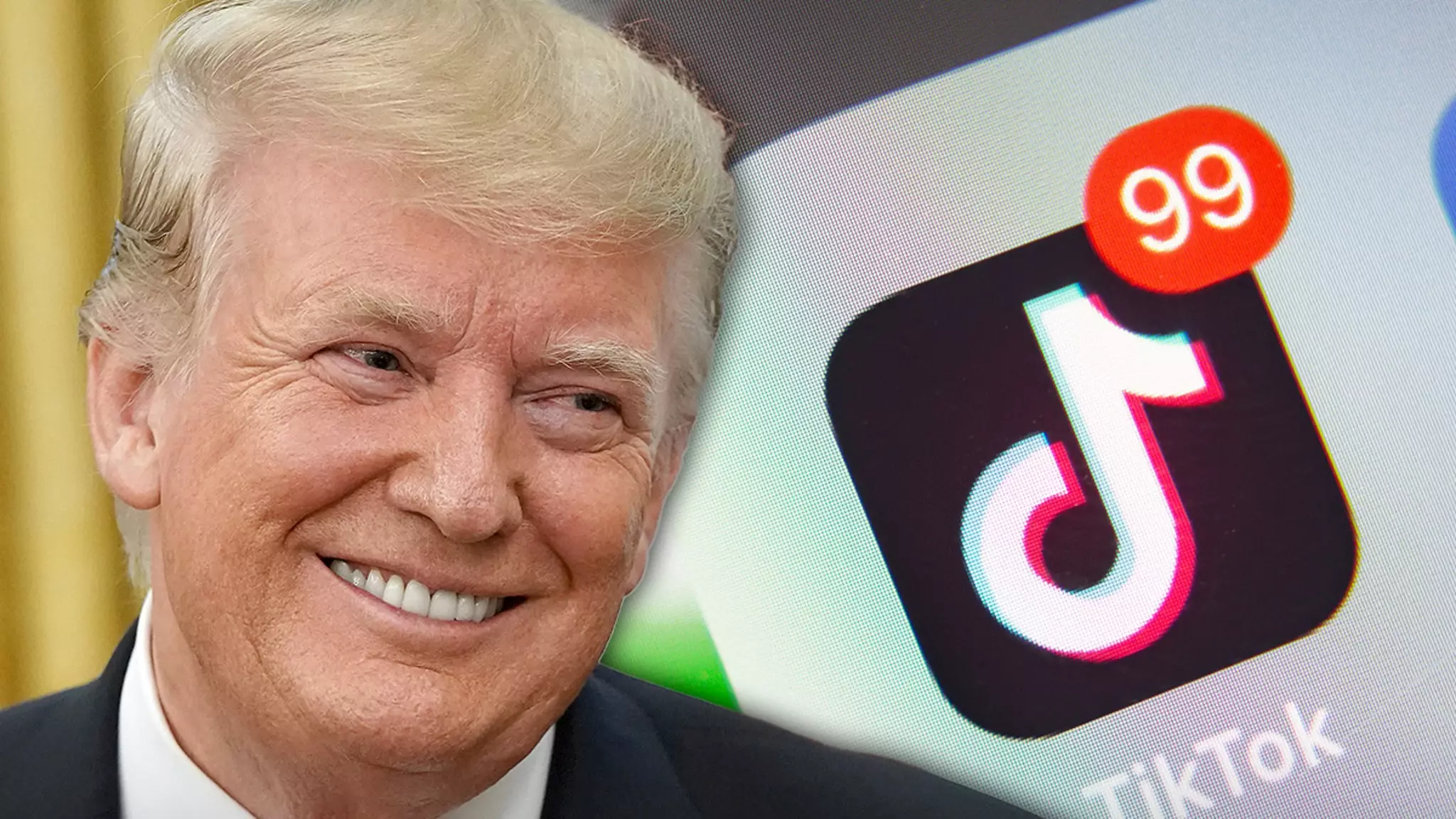The ongoing discourse surrounding TikTok has reached new heights as Donald Trump prepares to take over the presidency. With the impending ban looming over the popular social media app, many influencers are left in a state of uncertainty. Trump has hinted at the possibility of a 90-day extension to allow for negotiations that could spare TikTok from immediate closure, giving hope to creators and users alike. However, the complexities of the legal and political landscape surrounding this issue are far from straightforward.
TikTok has transformed social media by giving rise to a plethora of content creators who rely on the platform for their livelihoods. Influencers like GloZell Green have voiced their concerns, urging Trump to safeguard their means of income. The app has become integral not just for entertainment but also for brand engagement and marketing, leading many to argue against an abrupt shutdown. As influencers mobilize their audiences to advocate for the platform, the stakes seem increasingly high for both creators and the incoming administration.
In an interview, Trump expressed ambivalence about relinquishing control of TikTok without exerting every effort to negotiate its future. While he contemplates a potential extension, it’s vital to recognize that such a move requires meeting specific criteria. This includes allowing ByteDance, the Chinese company behind TikTok, to make significant progress toward divesting the app to an American enterprise. Trump’s capability to implement a temporary ban reversal isn’t unilateral; it hinges on tangible legal agreements and commitments from ByteDance.
The intricate legal framework governing this situation cannot be overstated. Any potential delay or extension hinges on establishing definitive pathways for TikTok’s divestiture. Experts highlight that a mere conversation about an extension does not suffice; actual commitment and actions from ByteDance are essential. This complexity risks leaving influencers in a limbo, perpetuating their anxiety about the app’s future.
Public opinion appears to be rallying behind TikTok, with various celebrities, including Jason Derulo, openly challenging the ban. They argue that the platform’s worth and impact extend beyond mere entertainment, emphasizing its importance in the digital economy. The narrative surrounding TikTok is thus not only political but also deeply personal for many who utilize the app for creative and financial expression.
As the deadline approaches, the fate of TikTok hangs in a delicate balance, brimming with uncertainty. Trump’s potential extension offers a glimmer of hope, but it remains contingent on a series of complex conditions that must be satisfied. While influencers await clarity on their future, the situation underscores the fragile interplay between politics, business, and digital culture in today’s society. With time running out, all eyes are on the decisions made by the incoming administration and the responses from ByteDance that could ultimately determine TikTok’s trajectory.

